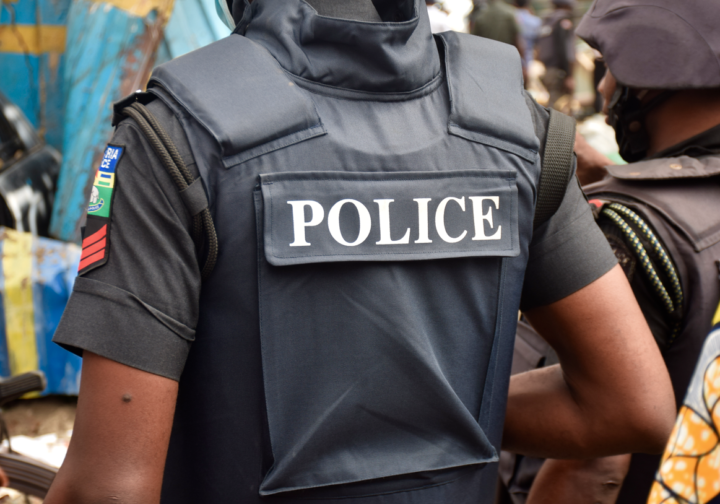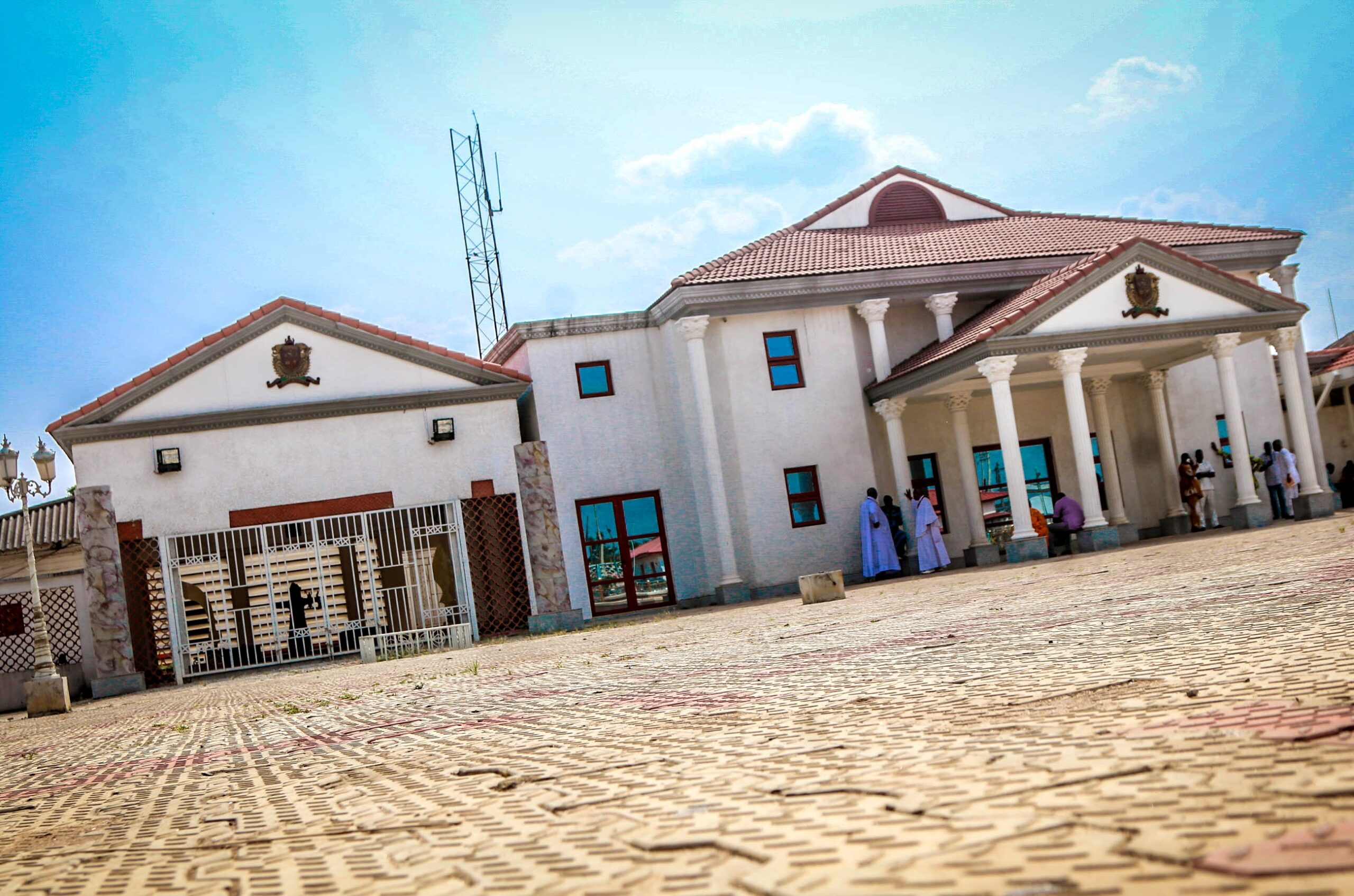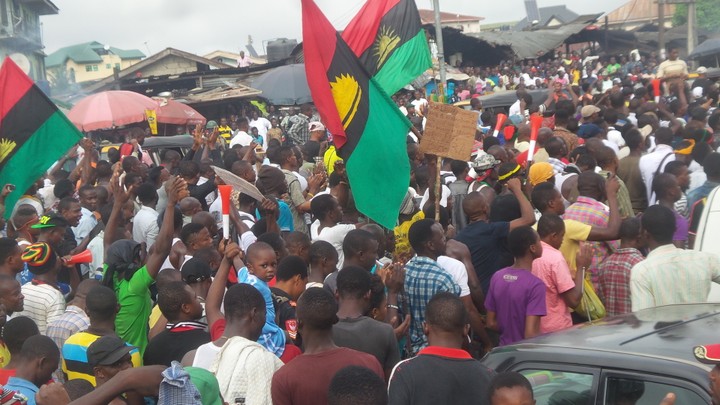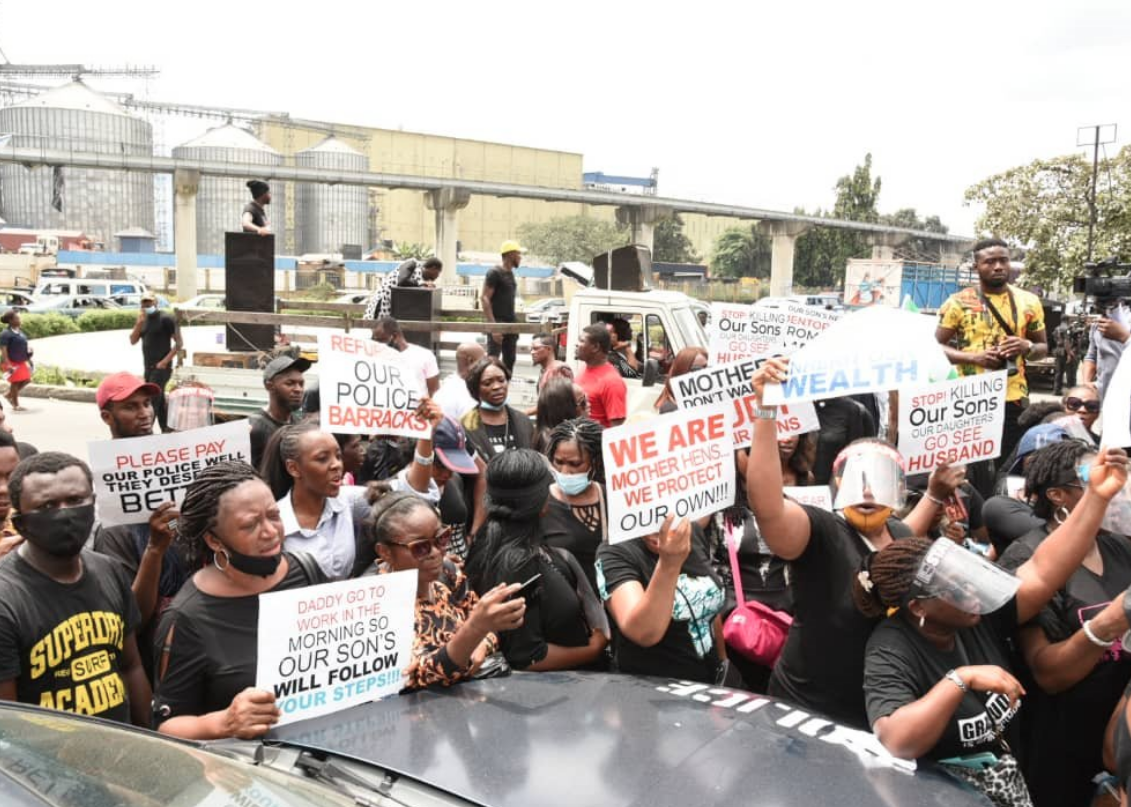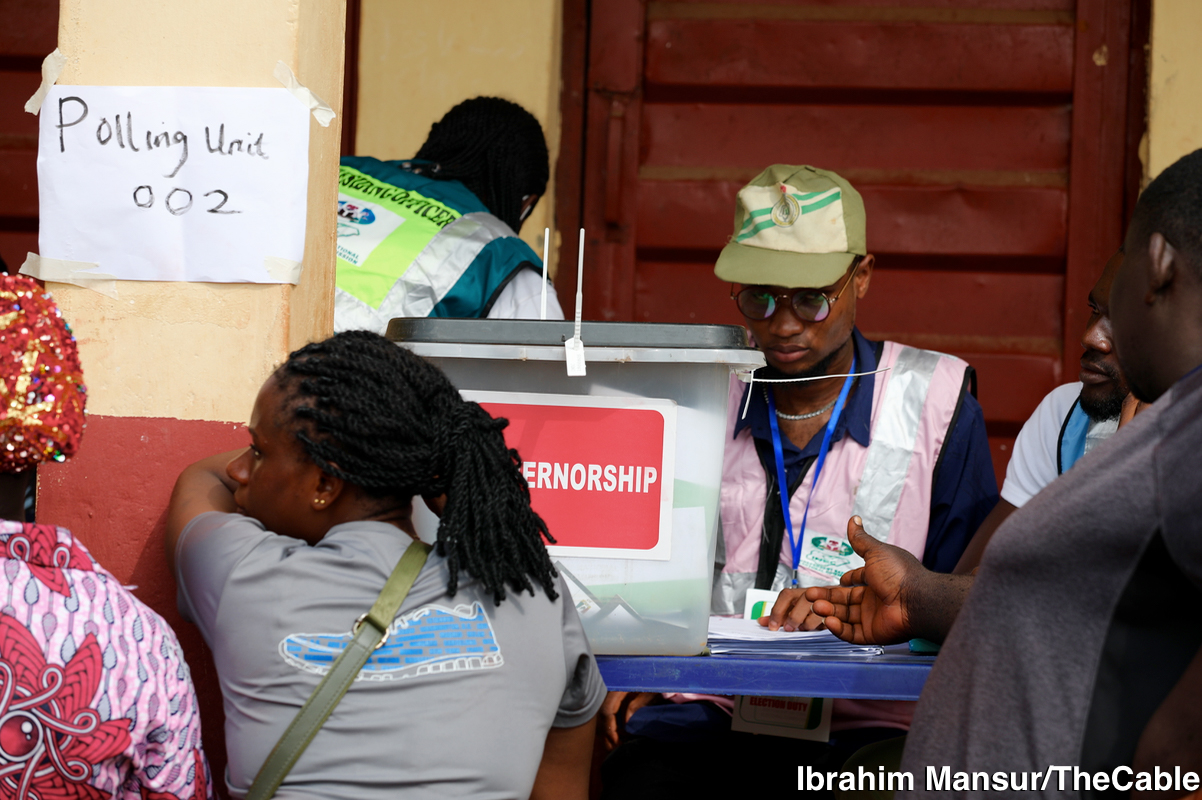BY SAMUEL OLOMU
In 2016, the World Internal Security and Police Index International (WISPI) rated Nigeria Police Force as the “worst in the world”. The rating was promptly rejected by the police authorities in Nigeria but in reality, this is a pure truth. Despite the rejection by the force, there is much evidence to support these statistics. The police are underfunded and poorly renumerated; poor infrastructure and bad conditions of service are also among the challenges terrifying the innards of the police service.
In 2021, the population of police personnel was over 370,000, most of which belong to the junior officers cadre. These are usually the officers that are mostly involved in the day-to-day policing such as check point duties, station duties and other activities connected to the public. They are mostly described as field soldiers. These are the set of policemen who rest the welfare of their wives and children on the 100 naira bribe they get on the highways on a daily basis.
Obviously, having police officers who aren’t well motivated affects the security of the country. The people no longer feel comfortable with the police officers. Police officers with low service conditions won’t discharge their duties as law enforcement agents. The police brutalise, dehumanise and exploit people they are supposed to shield. The police also lack the requisite working tools such as modern crime-fighting technology, transportation and a conducive working environment.
Advertisement
Moreover, the welfare issues of police aren’t limited to salaries. They also include health care, clothing, affordable and decent housing and promotion. The welfare of officers also includes the condition of police barracks which are mostly in a terrible state. In 2013, a viral video showed the terrible state of the Nigeria Police Training School. It showed the appalling conditions under which Nigeria trains future police officers. The video provided clear evidence of the neglect of the police trainees’ welfare which has suffered years of neglect. The concerned authority should do something quick to address this issue or else the police may embark on an industrial action to demand their right.
Also, the clothing of an average police officer should be a matter of concern as it affects perception of the public about the police. A police officer who is shabbily dressed won’t command the respect of citizens. Can a hungry looking and tattered policeman challenge me? It is how a person dresses that he will be addressed.
Although it is not expressly illegal for police officers to embark on strike, the Police Act (2020) categorises offences of police officers to include mutiny, sedition and desertion. Police authorities emphasise these aspects of the law whenever police officers threaten to go on strike. But should the police officers then clap in total submission to the will of God and wait until their welfare is cast down into the gutters?
Advertisement
Furthermore, Johnson Kokumo, deputy inspector-general of police (DIG) in charge of the south-west, has advised police officers to be professional and shun any strike which could lead to mutiny. Labour laws in Nigeria also categorised policing among the essential services and excludes them from trade union activities.
What then can the police do to address the poor welfare that has encamped it in recent years? Since the government and concerned authorities perceive strike actions to be a mutiny and against the profession; then this begs the question, “SHOULD THE POLICE THEN WALLOW IN ITS CHALLENGES SINCE THEY CAN’T STAND TO FIGHT FOR THEIR RIGHT?
Imperatively, the government, the Police Service Commission and the Ministry of Police Affairs should within all capacities drive improvements, innovation and revive good working conditions for the Nigerian Police Force so that the profession will be the choice of young people. The root causes of poor welfare need to be addressed by these authorities.
Olomu is an undergraduate and member of the Take It Back Movement, Lagos state chapter.
Advertisement
Views expressed by contributors are strictly personal and not of TheCable.
Add a comment
